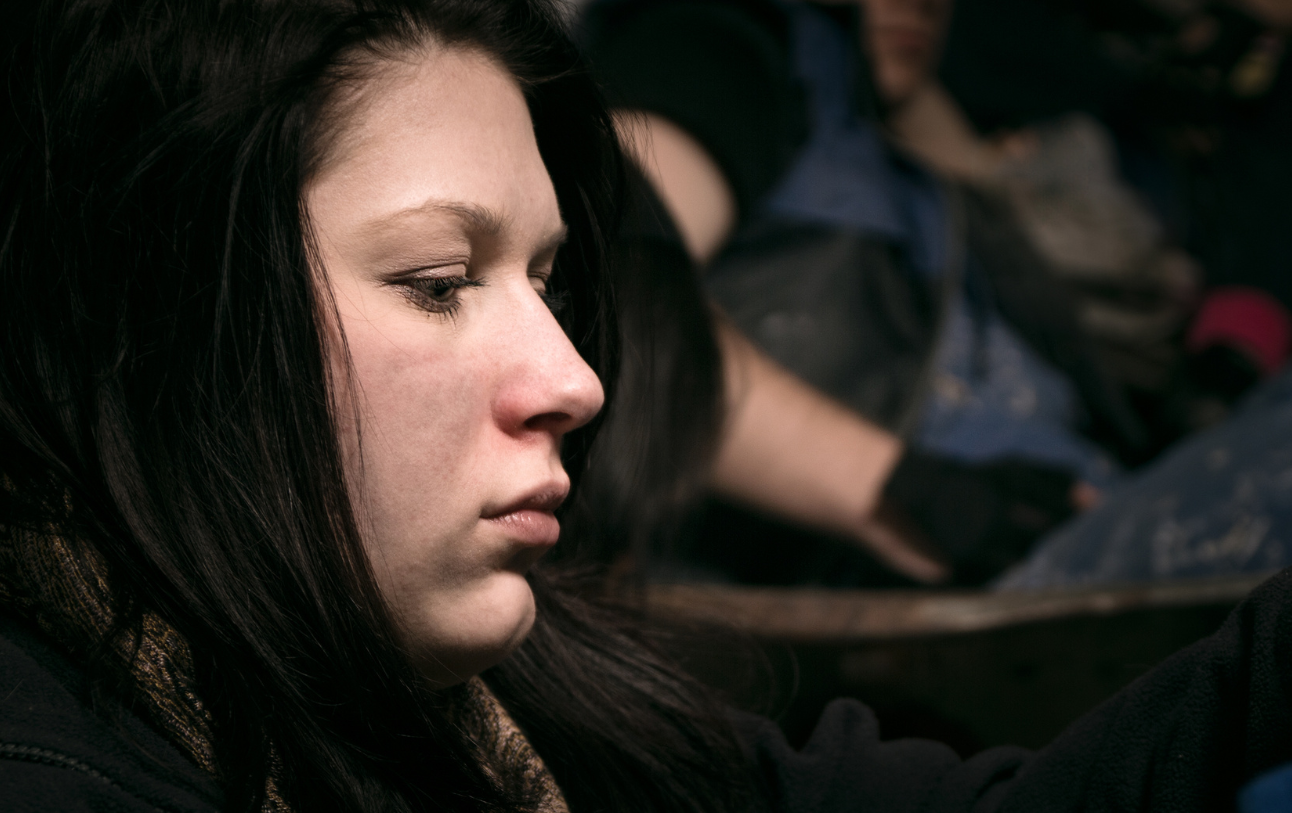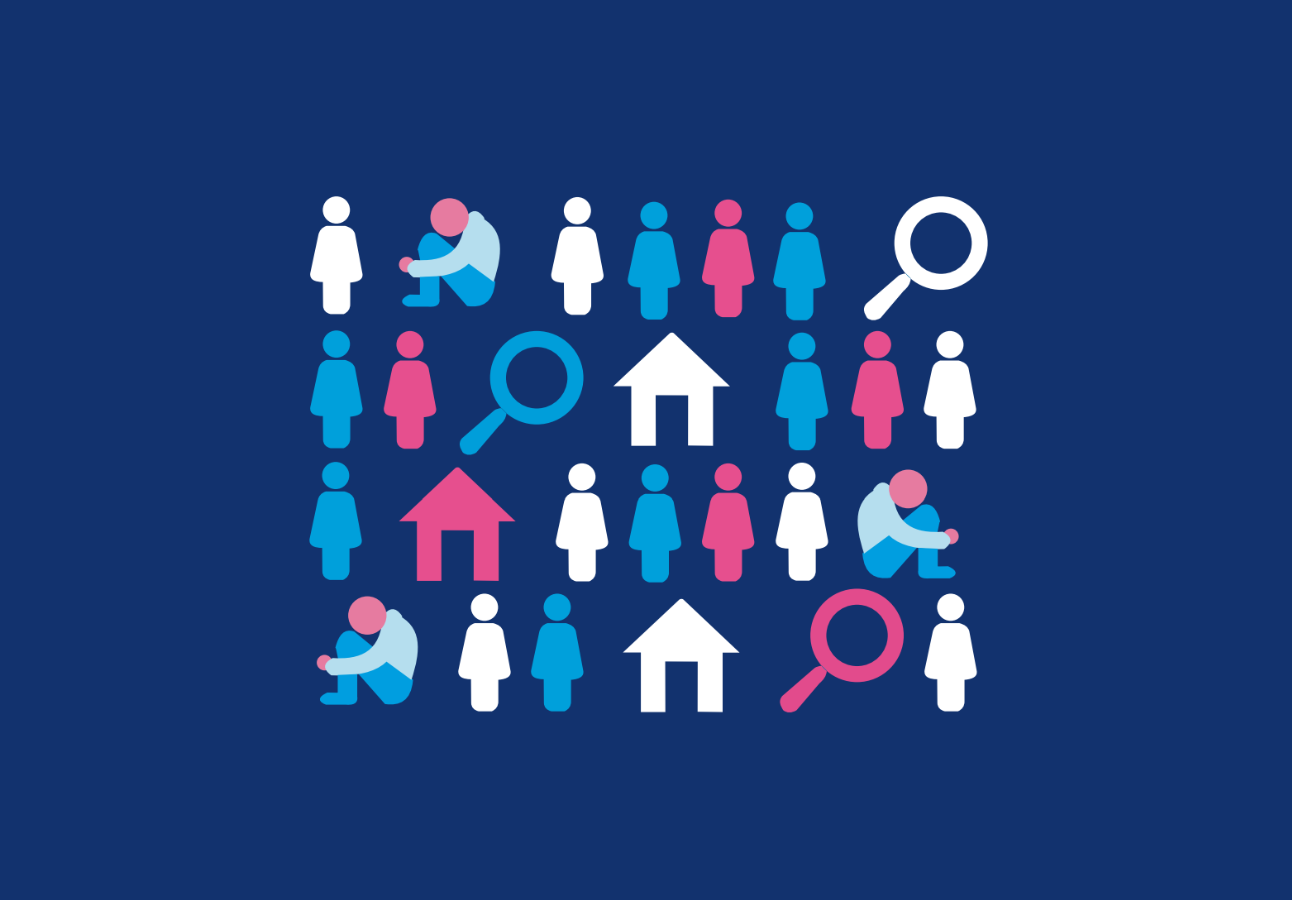
Homelessness and abuse amongst sex-working women in Bristol
Anna Smith is CEO for One25, a Bristol based charity that specialises in providing support to women involved in street sex-working women. 80% of the women who are involved in street sex work in Bristol are homeless and the vast majority are what we would call ‘hidden homeless’. Almost all have experienced abuse in childhood, which has continued in their adult lives. They are among the most vulnerable in our city.
Hidden from statistics
It used to be that, according to official statistics, women made up 10% of the homeless community. The new number is more like 20%. But the reality is that women often aren’t counted in these figures, either because they don’t come forward, or because they are technically housed but in a very vulnerable situation.
Technically housed but incredibly vulnerable
Some women may theoretically have a roof over their head but they are living in a situation that is highly inappropriate and often involves drug addiction and abuse. I can think of one woman who is being pimped by her partner. Men are coming to her home to have sex with her against her will, but she is stuck there in order to keep a roof over her head. Women end up sleeping in hostels that are mixed which is not safe for them either. Last week a woman told us that she was in her room when a male resident walked in and exposed himself.
We have a situation where women would rather stay in a “home” where there is sexual exploitation and domestic abuse, than sleep rough on the streets. This should not be a choice that any woman has to make.
Increasing need and dwindling resources
In Bristol, we used to have two women-only hostels; now we only have one. This means that women have only one choice of where to go which can be very difficult if there is an issue with someone else in that hostel which means it is not safe for them to be there. We have Spring of Hope, one women-only night shelter with 12 beds which is fantastic, but that is often full and is only open five days a week.
It’s summer, and people are camping in tents along the wharf – I worry about what will happen to them in winter. I see people sleeping out all over the city as I move around. I have almost cycled over women sleeping in the cycle lane of the underpass, in the car park spaces at the multi-storey and in doorways too.
Barriers to safe housing
For the women we support, there are many challenges when it comes to accessing secure housing; the assessment can be a difficult process. It means getting down to the office to sit for hours and go through quite a gruelling process. This isn’t easy for anybody, but especially not for the women that we work with. It’s long periods of time, lots of probing questions, a busy environment which may not be reassuring and, once they have been assessed, there is often a further wait to find out where she can go that night.
When women are housed their tenancy can be at risk, because their behaviour is deemed risky. For example, they might be bringing punters into the house, or there may be disruption around their alcohol or drug use. If they are evicted because of this they can be deemed ‘intentionally homeless’ which makes it incredibly difficult for them to find them safe accommodation.
How One25 offers support
One25’s specialist worker advocates for the women and supports them to get into emergency accommodation, hostels and their own tenancies. Many women go in and out of the hostel accommodation and it’s all about that gradual change. So somebody might go into a hostel and then into prison, and then into a hostel, and then rough sleep, and then into prison and then into a hostel… during this time they’re making little changes which eventually mean that she can to move to a lower level of support. A few weeks ago, we housed four women, so we work very hard to get women safe.
Our specialist IDSVA also works to advocate for women at Marac, to advocate for that woman’s needs and her vulnerability so that she can be priority housed.
The future
I think there really is a will in Bristol to change the situation. There are long-term plans to build more hostels and move-on space, all of which is brilliant. There is also a genuine desire to overcome the barriers to women being housed and multi-agency groups like Golden Key are looking at this in detail. It is acknowledged in the housing community that people are dying on the streets, it is often not reported but we think this is an outrage and are working hard with decision makers to improve this.
You may also be interested in

Homelessness and domestic abuse: guidance for practitioners

